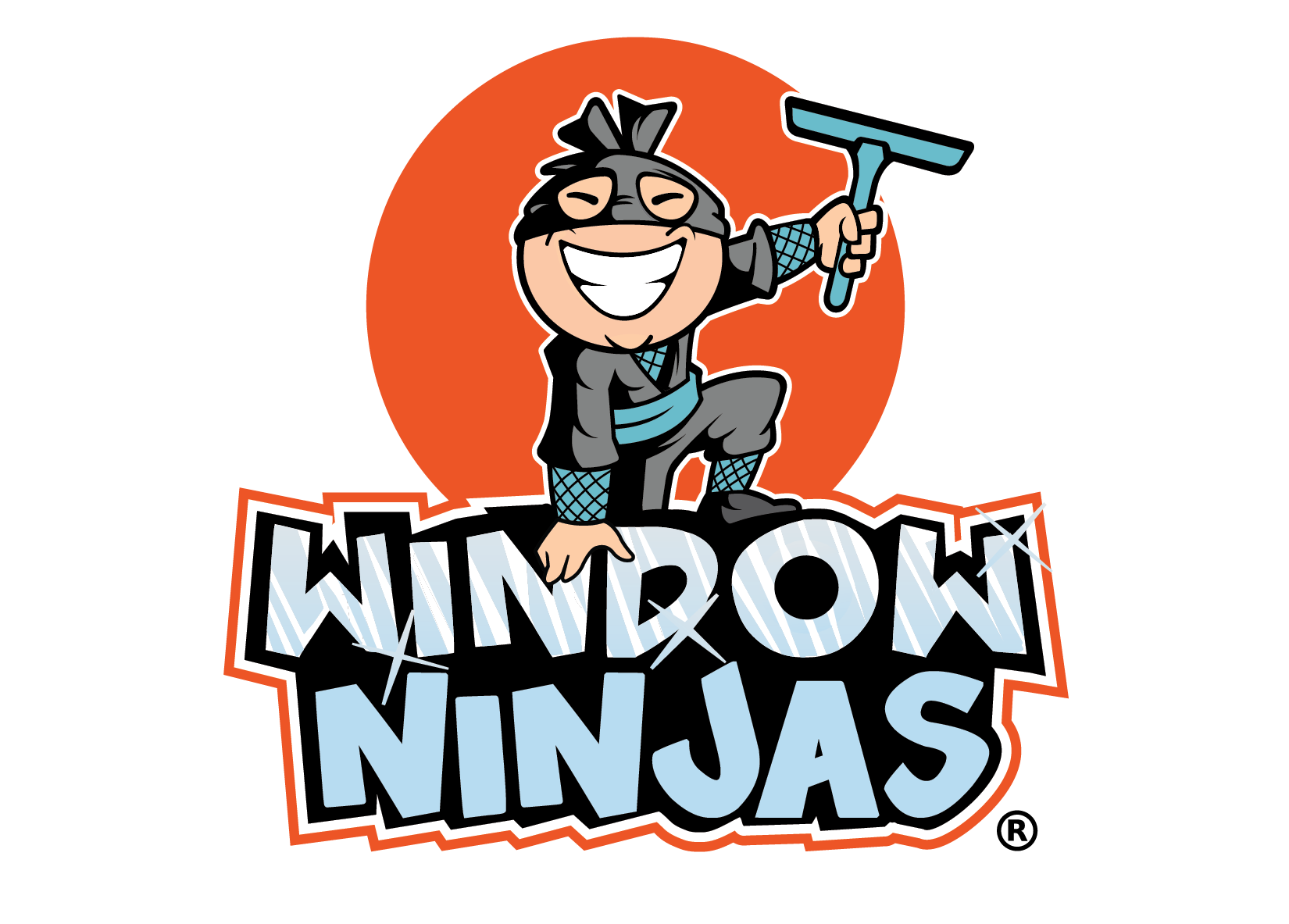Starting a business from scratch can be a daring venture fraught with uncertainty. Buying a franchise offers a compelling alternative, providing the backbone of an established brand and a proven business model.
However, the path to franchising success is not without its complexities. Prospective franchisees must navigate through myriad choices and considerations—from understanding the initial investment and ongoing fees to evaluating the support and training on offer. In this guide, we lay out the steps and tips to help you make an informed decision about franchising. Thus, ensuring your investment is both savvy and sound.
For information about franchising opportunities with Window Ninjas, go to https://windowninjas.com/franchise-opportunities/, or call 833-NINJAS-1 today.
The Franchise Business Model
The franchise business model allows individuals to buy into an established brand and operate a new branch. This model is built on leveraging a company’s successful reputation, operational systems, and standardized products or services to expand its reach while providing franchisees with a ready-to-go business blueprint.
At its core, franchising involves two main parties. The franchisor, who owns the overarching brand and its trademarks. And the franchisee, who pays for the right to open and operate a franchise. The franchisee typically pays an initial start-up fee and ongoing royalties based on revenue, in exchange for using the brand name, detailed operational procedures, marketing support, training programs, and sometimes, purchasing power benefits through the franchisor’s network.
This symbiotic relationship allows franchisees to own their outlet independently while being part of a larger corporate family. Franchisees benefit from brand recognition, an established customer base, and continuous support from the franchisor, which can lead to higher chances of success than starting a business from scratch. Meanwhile, franchisors can rapidly scale their brand’s presence with reduced financial risk and capital investment, as franchisees bear the brunt of the establishment costs and operational expenses.
Is Franchising Right for You?

Individuals best suited for franchising are those who are self-motivated yet able to adhere to guidelines without the need for constant oversight. They should possess strong leadership and interpersonal skills to manage staff and foster a positive customer experience effectively. Moreover, successful franchisees are typically detail-oriented, enabling them to uphold brand standards and maintain the operational excellence expected by the franchisor.
Financial acumen is also crucial, as franchise owners must manage budgets, control costs, and understand financial reports to ensure profitability. The ideal franchisee embraces collaboration, is willing to learn, and can navigate the challenges of blending personal business ownership with the framework of a franchise system.
Ultimately, franchising is ideal for individuals who seek the independence of business ownership but appreciate the support of a network.
Advantages of Franchising
Franchising offers numerous advantages for individuals looking to venture into business ownership. One of the primary perks is brand recognition. Franchisees benefit from a brand’s established market presence, reducing the time and effort required to build a customer base.
- Another significant advantage is the access to a turnkey business operation. Franchisors provide franchisees with a proven business model, including operational practices, products or services, marketing strategies, and, sometimes, proprietary technology. This comprehensive support system can mitigate risks commonly associated with starting an independent business, as franchisees follow a roadmap that has been fine-tuned for success.
- Training and ongoing support are also invaluable benefits of franchising. Franchisors typically offer training programs to prepare franchisees and their staff for business operations. This ensures consistency across the franchise network. Continuous support, including assistance with marketing campaigns, product development, and operational improvements, helps franchisees stay competitive and adapt to changing market conditions.
- Moreover, franchising can offer collective buying power, allowing franchisees to procure supplies and inventory at lower costs due to bulk purchasing agreements negotiated by the franchisor. This can lead to improved margins and cost savings.
Overall, franchising provides an attractive opportunity for entrepreneurship with a support structure designed to foster success and growth.
Disadvantages of Franchising
Franchising, while offering numerous advantages, also comes with its own set of disadvantages. One primary concern is the lack of complete autonomy. As a franchisee, one must operate within the confines of the franchisor’s established systems and policies, which can limit creativity and independent decision-making. This might be stifling for those with an entrepreneurial spirit who wish to implement their ideas.
- Initial costs and ongoing fees can also be a hindrance. Franchisees typically pay a substantial upfront fee to purchase the franchise rights and may incur additional investment for equipment, signage, and renovations to meet brand standards. In addition to these initial costs, franchisees are obliged to pay ongoing royalties and marketing fees, which can eat into profits.
- Furthermore, the franchisee’s fortunes are often tied to the franchisor’s reputation and decisions. If the brand experiences negative publicity or the franchisor makes changes to the business model, franchise outlets may suffer.
- Lastly, contracts and term limitations pose a risk. Franchise agreements have a fixed duration, after which the franchisee may need to renegotiate terms or face the possibility of not having the contract renewed, resulting in losing their business investment.
For prospective franchisees, weighing these potential downsides against the benefits and personal compatibility with a franchised business approach is crucial.
 Final Thoughts
Final Thoughts
In conclusion, franchising can be a powerful avenue to business ownership. It offers brand recognition, operational support, and an established customer base. However, it requires careful consideration of the associated costs, contractual terms, and potential limitations on business autonomy. Window Ninjas stands out as an exemplary option for those ready to embrace the franchising model. With a strong brand identity in the window cleaning and maintenance industry, comprehensive training, and robust franchisee support, Window Ninjas presents a compelling opportunity for entrepreneurs seeking a reliable investment with growth potential. It’s a shining example of what a well-structured franchise can offer.
Now that you know all about franchising, please feel free to reach out to our team at Window Ninjas. We are only a phone call away, just call 833-NINJAS-1 to start your franchising journey today. For more information about franchising opportunities at Window Ninjas, go to https://windowninjas.com/franchise-opportunities/.


 Final Thoughts
Final Thoughts